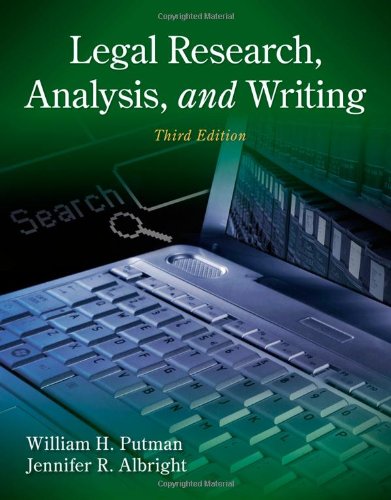
22 May 2014
Some practitioners of the law have a concept that's equally useful to historical research and writing: counteranalysis.
Putnam and Albright's guide to legal research defines counteranalysis this way: "It is the process of discovering and considering the counterargument to a legal position or argument. It involves an identification and objective evaluation of the strengths and weaknesses of each legal argument you intend to raise."*
History researchers have to mount a case for every conclusion. This-or-that source makes an assertion; why should we believe it—or why not? A body of research leads us to a particular interpretation of an event or a particular identification of a person; how, then, do we assemble, and defend, our case?
The concept of counteranalysis reminds us to play Devil's Advocate with every conclusion we put forth. It's not enough to just present several pieces of evidence. We also need to anticipate the arguments of those who will view our evidence in a different light.
*William H. Putnam and Jennifer Albright, Legal Research, Analysis, and Writing, 3d. ed. (Clifton Park, NY: West Legal Studies, 2013), 392.